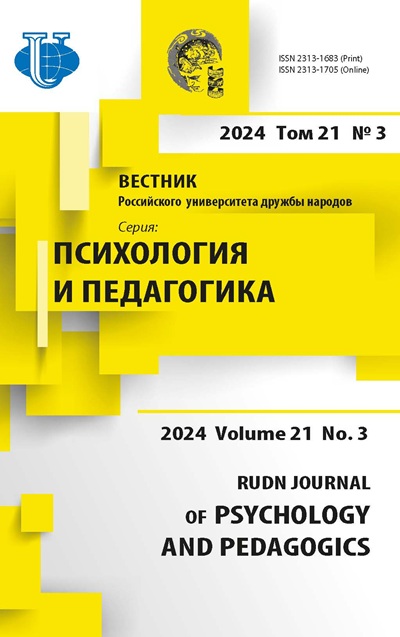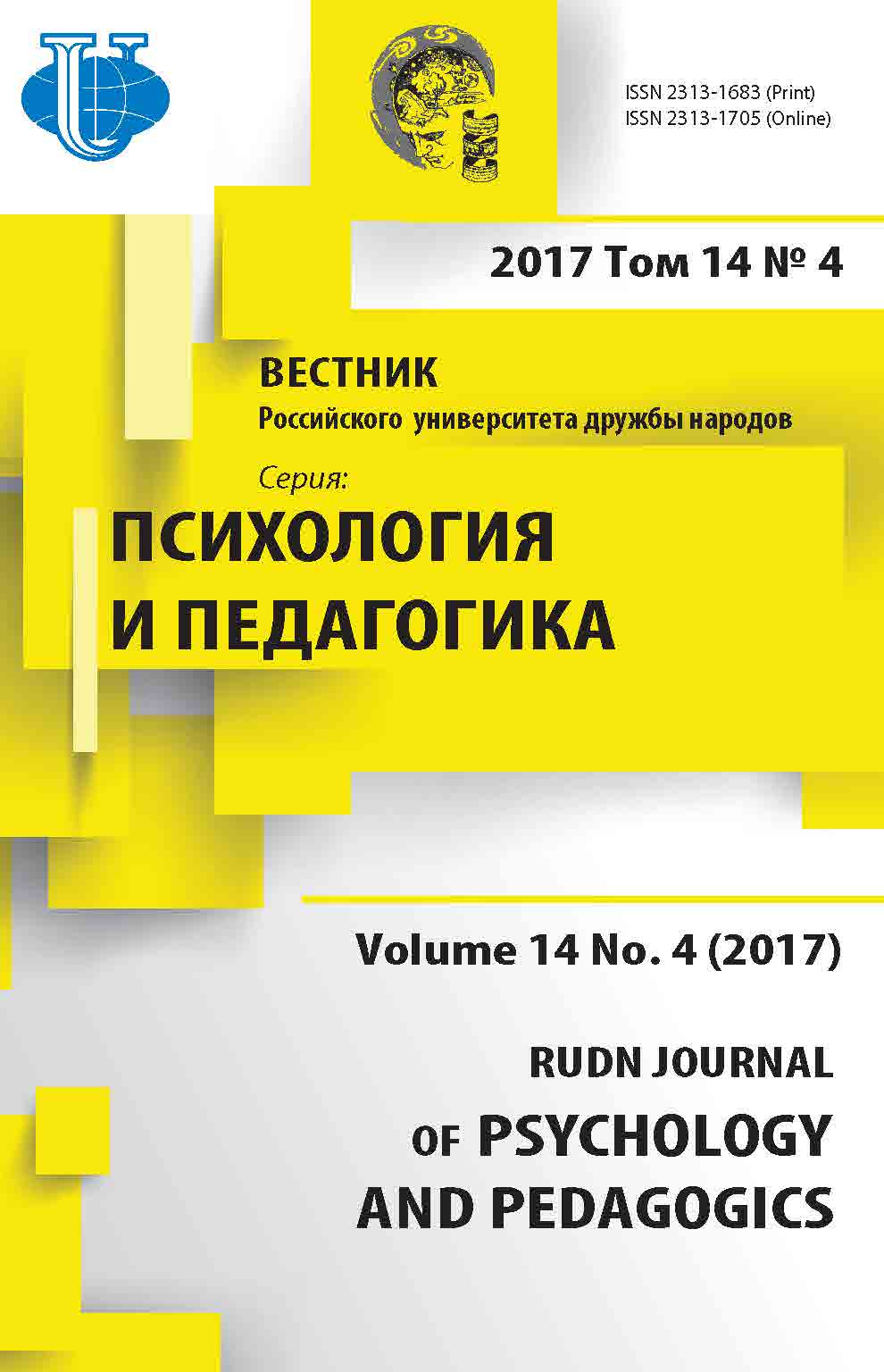Abstract
The problem of mental states is a fundamental problem of modern psychological science. The study of states takes on special significance in the context of educational, cognitive, scientific research and creative activity. In the course of these activities, cognitive states, associated with the assimilation and creative transformation of the content of scientific disciplines, come to the fore. Therefore, the research of subject’s cognitive states is significant (actual это все же больше «действительный» или «реальный») and concerns situations of their origin, organization, mechanisms of integration and development, influence on the productivity of the activity. The article is devoted to studying of functional structures of cognitive states in educational and research activity. The research of dynamic aspect of cognitive states will allow to disclose regulatory essence of cognitive states in relation to these kinds of activity, to reveal regularities of their interrelation with mental states of other classification groups. Cognitive states are considered as an integral functional structure, formed through the integration of various components of the psyche (experiences, mental processes, psychological properties, etc.), and changing throughout the various stages of the main activity. The resulting conception can form the basis for the development of methods of updating and management of cognitive states in the educational process, research activity, and to find application in the psychology of artificial intelligence.
















